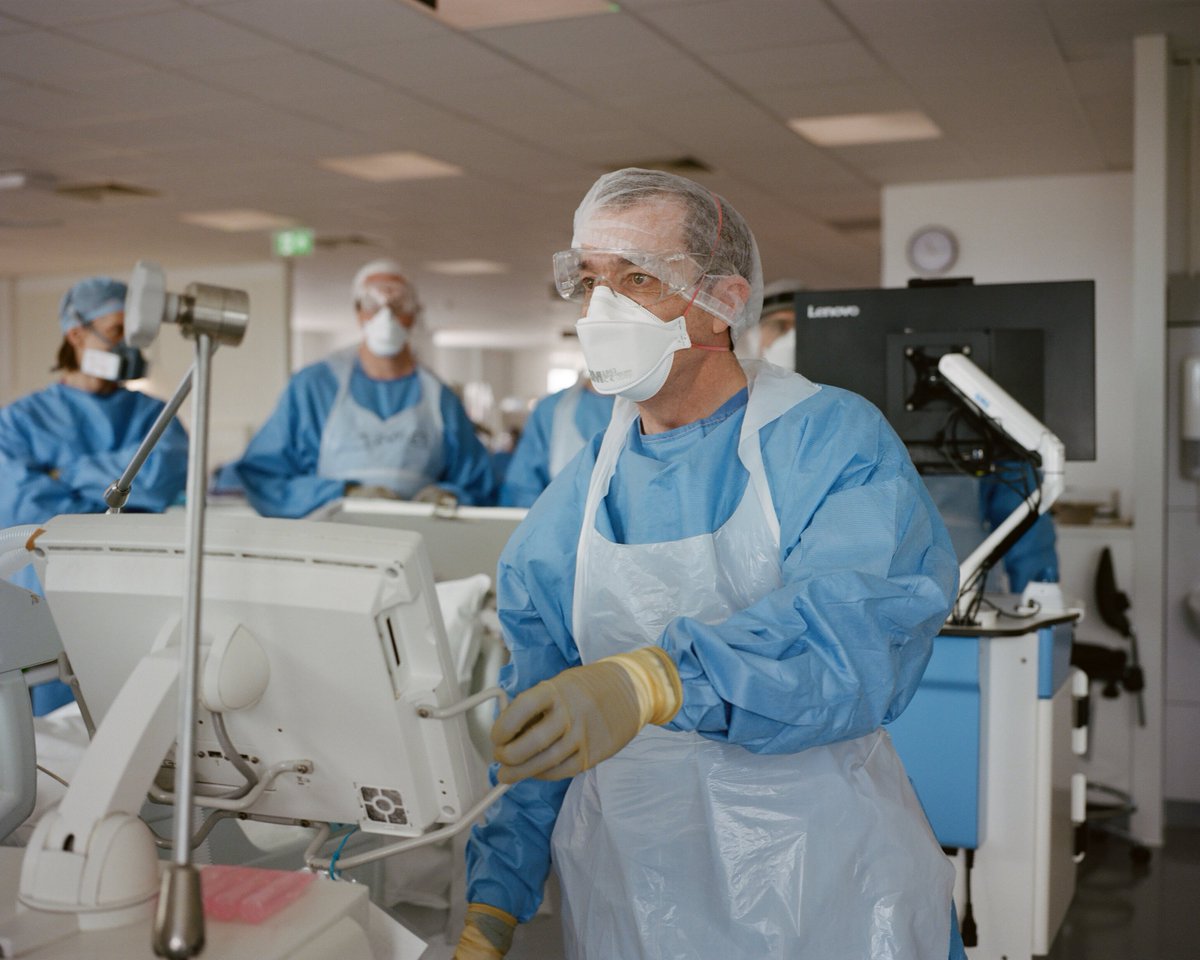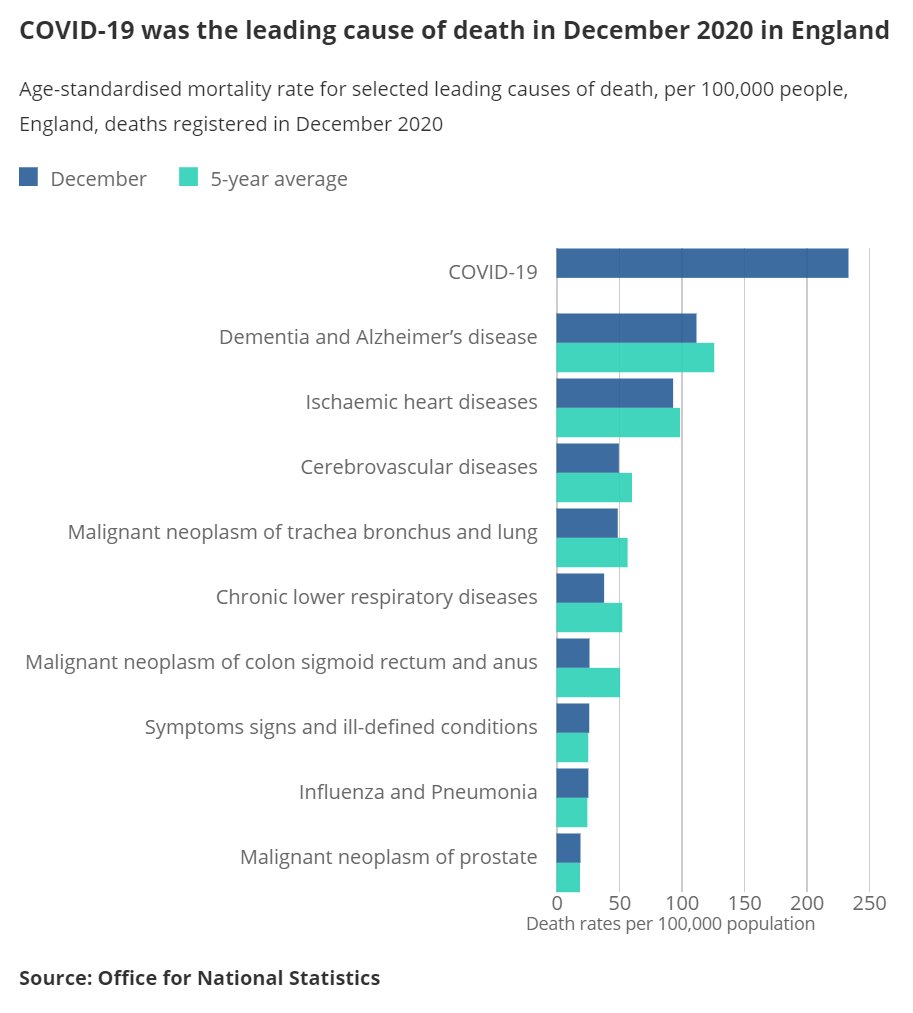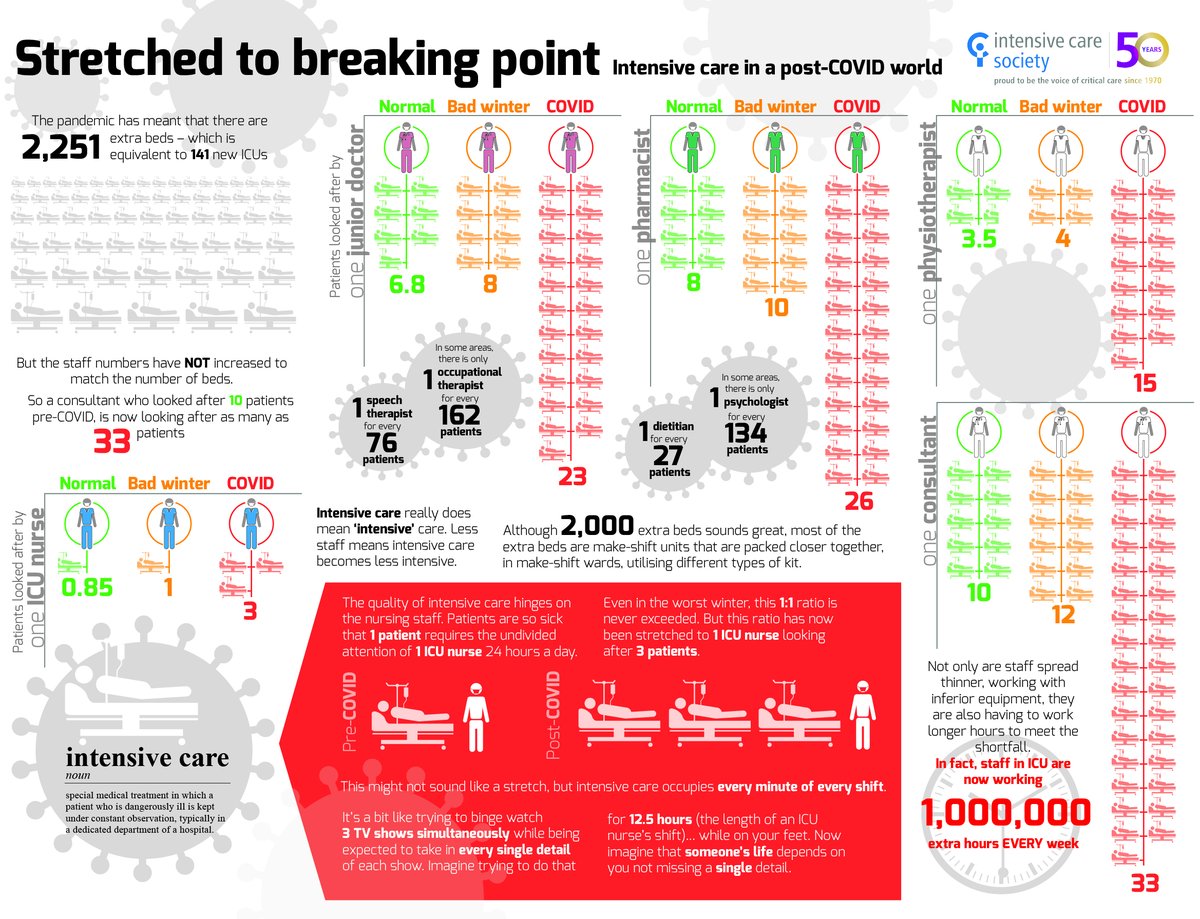
A family member asked me to explain why I wasn’t convinced by a clinical trial of ivermectin. Yet again (apologies) it’s complicated. But here’s ten things for the non-expert can look for to help them understand how much a clinical trial should influence patient care. 

1. Beware the tabloid headline: We all want a nice simple message but science just isn’t like that. Clinical trials need careful nuanced interpretation. But media, politicians, and often researchers themselves, want a snappy success story. These are generally misleading.
2. Evidence before eminence: your first impressions should be made by the trial and the data, NOT the researcher(s), however brilliant they may be. In particular, if the reputation of one individual is used strongly in support of the trial findings, then be careful.
3. Random is no accident: Randomly allocating each patient to treatment or control stops doctors’ prejudicial views skewing results. This is very important. Non-randomised studies provide much weaker evidence. Researchers must clearly state if, and how, they randomised patients.
4. The measure of success: Every clinical trial has a clearly defined ‘outcome measure’ which describes how well the test treatment worked (eg symptom duration, mortality). What was it? Was it precisely defined? Does it measure something that patients actually care about?
5. In God we trust, all others must bring data: Researchers should clearly report actual numbers of patients in different treatment groups and experiencing different clinical outcomes. If all you see are ratios and percentages then take care. en.wikipedia.org/wiki/W._Edward…
6. Size is everything: A clinical trial tests a treatment in a sample of people to see if it works in ALL people. The bigger the sample, the more relevant the trial. Large trials (100s-1000s) in multiple hospitals are more relevant than small trials (10s-100s) in one hospital.
7. Does it hurt? Never not trust ANYONE who tells you a treatment has zero side-effects. Even tying your shoelaces has risks. Understanding both the good and bad effects of a treatment is vital to using them to best effect. Good researchers always report harms.
8. Land of the blind: We prefer trial patients & researchers don’t know which treatment they're getting. This is called a double-blind trial. It’s not possible for all treatments (eg facemask) but researchers should be clear how they handled this when measuring patient outcomes.
9. No peeking: We never look at clinical trial results until the project is finished. It leads to bad decisions. If researchers looked at ‘interim analysis’ data while the trial was still running the research may be flawed. Only independent data/safety panels should do this.
10. Warts & all: Good researchers tell you what’s good about their work but also what’s bad. A full and frank description of strengths & limitations should be included in every scientific report. Im always cagey when researchers can’t think of anything they'd do better next time.
There are of course many more questions we ask. The kinds of issues above don’t prove there’s a problem with the trial, but they do make it more likely that the results will mislead. Usually these are mistakes by inexperienced researchers. Occasionally they are deliberate.
....this kind of response illustrates the issue. An ill-informed angry rant which distracts medical scientists from work which could save lives to respond to people who don't understand that they don't understand. 

• • •
Missing some Tweet in this thread? You can try to
force a refresh












